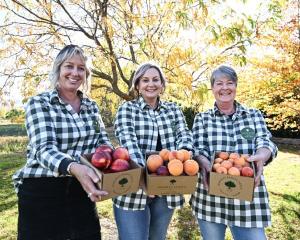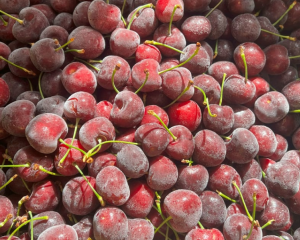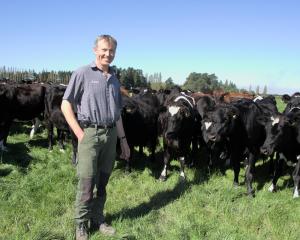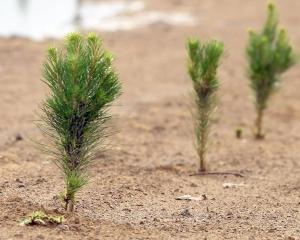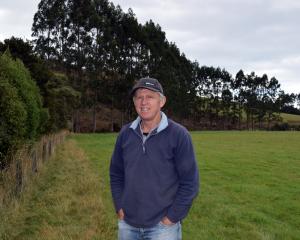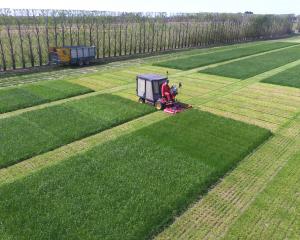A decision about what to do with the harvest from this year’s oat trial plots will be made soon, researcher Adrian Russell says.
Mr Russell is managing director at Plant Research, a group which has been researching oat-growing for the past 19 years.
He spoke at a field day at Graeme and Elspeth Gardyne’s farm last week.
About 50 people attended the day.
Mr Russell said this year the four trial oat varieties had been grown in bigger plots and would produce the greatest volume of seed in the history of the programme.
There was a choice between releasing the grain to farmers to produce even more volume, or milling it.
It was not until the oats were processed at the Harraway mill that the quality could be assessed.
"We need volume to do that.
"We can’t do it with 10kg — we need tonnes to do that."
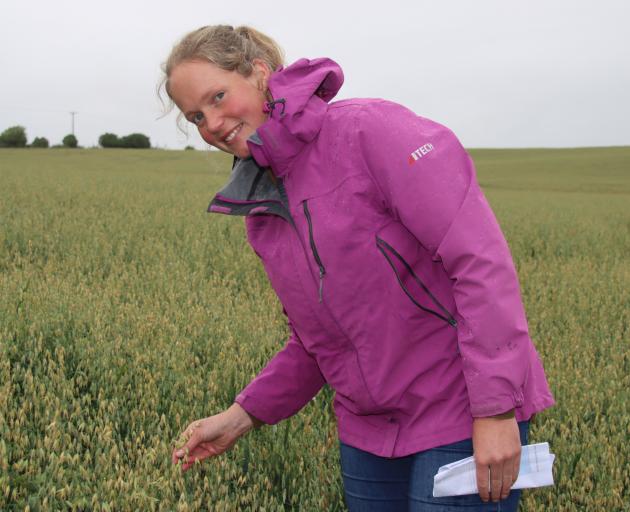
At this stage it was more likely the grain would be released to farmers, which would mean the oats could be observed growing in different environments.
The new varieties’ progress was compared to L5, which was the oat variety produced from the early trials.
At this stage the new varieties were yielding between eight to nine tonnes more than L5.
"Over three to four years of trialling they do stack up.
"It’s just that final question of what happens when they go through the mill."
Growing a higher-yielding variety would be good for farmers contracted to grow the crop as they would require a smaller area of land, he said.
Another development was an autumn variety which was also performing well compared to L5.
It was likely in the future an oat variety would be developed that would be grown only for oat milk production (beverage).
"Oats that make good rolled outs don’t necessarily make the best beverage.
"What we’re finding is that we’ve got varieties that probably aren’t that suitable for rolled oats but are making exceptional beverages in terms of water solubility and their taste and colour."
In the northern hemisphere the varieties used for rolled oats were also used in milk production.
"It could mean we have something that we can say was bred and developed in New Zealand and is very unique."
Mr Gardyne said he was pleased with the turnout to the field day which showed the ‘‘ genuine interest’’ in the oat research programme.


